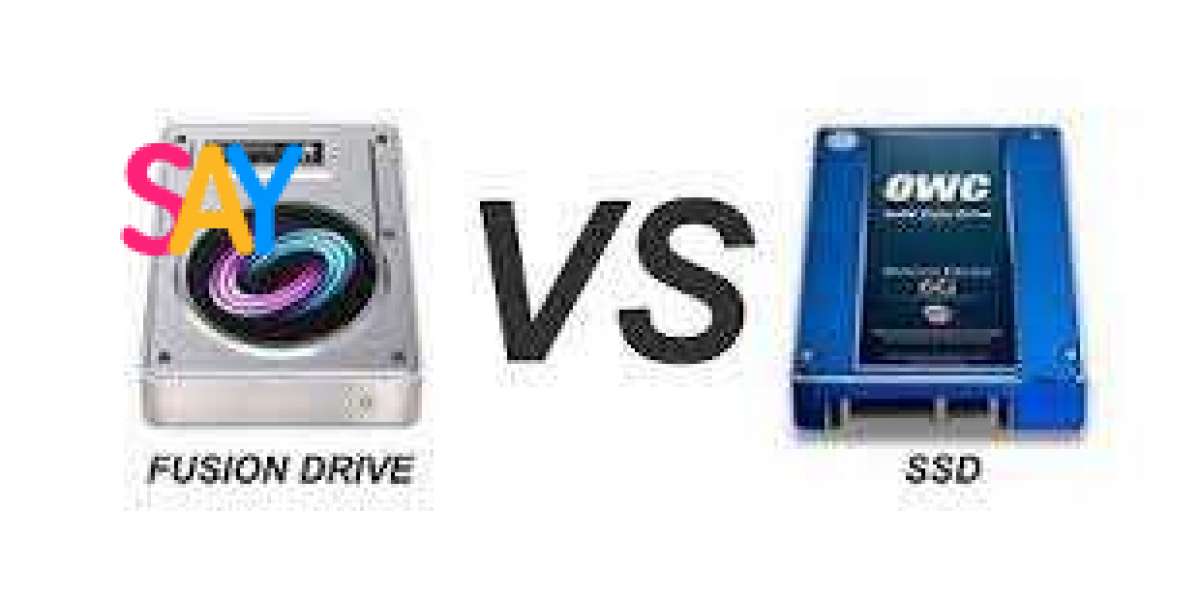Fusion Drive and SSD are two popular storage technologies with distinct characteristics. Understanding their differences is crucial for making an informed decision when purchasing a device. This article will compare Fusion Drive vs SSD based on various parameters to help users choose the most suitable option.
Fusion Drive vs SSD:
Speed
SSD, or Solid State Drive, is known for its exceptional data access and transfer speed. It outperforms Fusion Drive significantly regarding read and write speeds due to the absence of moving parts, providing faster boot times and improved system responsiveness. On the other hand, Fusion Drive, being a hybrid storage solution, offers a balance between the speed of an SSD and the higher storage capacity of a traditional hard disk drive.
Performance
Regarding performance, SSDs have the upper hand over Fusion Drive. The high reliability, quick data access, and improved system responsiveness of SSDs make them suitable for tasks that demand fast performance, such as gaming, video editing, and multitasking. Fusion Drive, while offering a balance between storage capacity and speed, may not match the performance of SSD, especially for more demanding applications and tasks. Therefore, for users who prioritize performance, especially for resource-intensive activities, SSD is the preferred choice.
Reliability
SSDs are generally more reliable than traditional hard drives and Fusion Drive due to their lack of moving parts, making them less prone to mechanical failure and damage from physical shocks or movement. Fusion Drive, a combination of a hard disk drive and a smaller SSD, inherits some reliability concerns associated with traditional hard drives. Therefore, for users who prioritize reliability, especially for portable devices or critical data storage, SSD is the more suitable option.
Storage Capacity
Fusion Drive typically offers larger storage capacities than SSD, making it suitable for users requiring ample storage space for their files, applications, and multimedia content. This makes Fusion Drive a cost-effective solution for users with high storage requirements. On the other hand, while SSDs are available in larger capacities than before, they are still more expensive than Fusion Drive for the same amount of storage.
Cost
SSDs are generally more expensive than Fusion Drive when comparing the same storage capacities. The higher price of flash memory used in SSDs contributes to this cost difference. However, the gap in pricing has been decreasing over the years, making SSDs more accessible to a wider range of users. While Fusion Drive offers a more budget-friendly storage solution, the performance benefits of SSD may justify the higher cost for many users, especially those who prioritize speed and performance.
Use Case
The choice between Fusion Drive vs SSD ultimately depends on the user's specific needs and usage patterns. SSD is preferred for users who prioritize speed, reliability, and performance, especially for gaming, video editing, and professional applications. On the other hand, users who require a balance between storage capacity and performance and are mindful of cost may find Fusion Drive a suitable option, particularly for general productivity tasks and everyday computing.
Conclusion
In conclusion, Fusion Drive vs SSD offer unique advantages and suits different user requirements. While SSDs excel in speed, performance, and reliability, Fusion Drive balances storage capacity and cost. Understanding the differences outlined in this article will help users decide based on their specific needs and budget.




